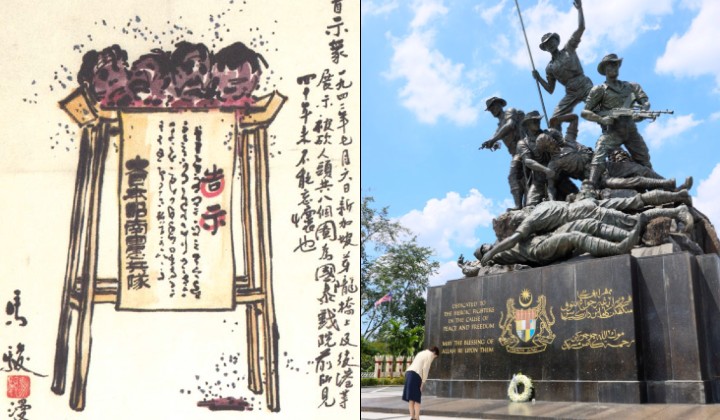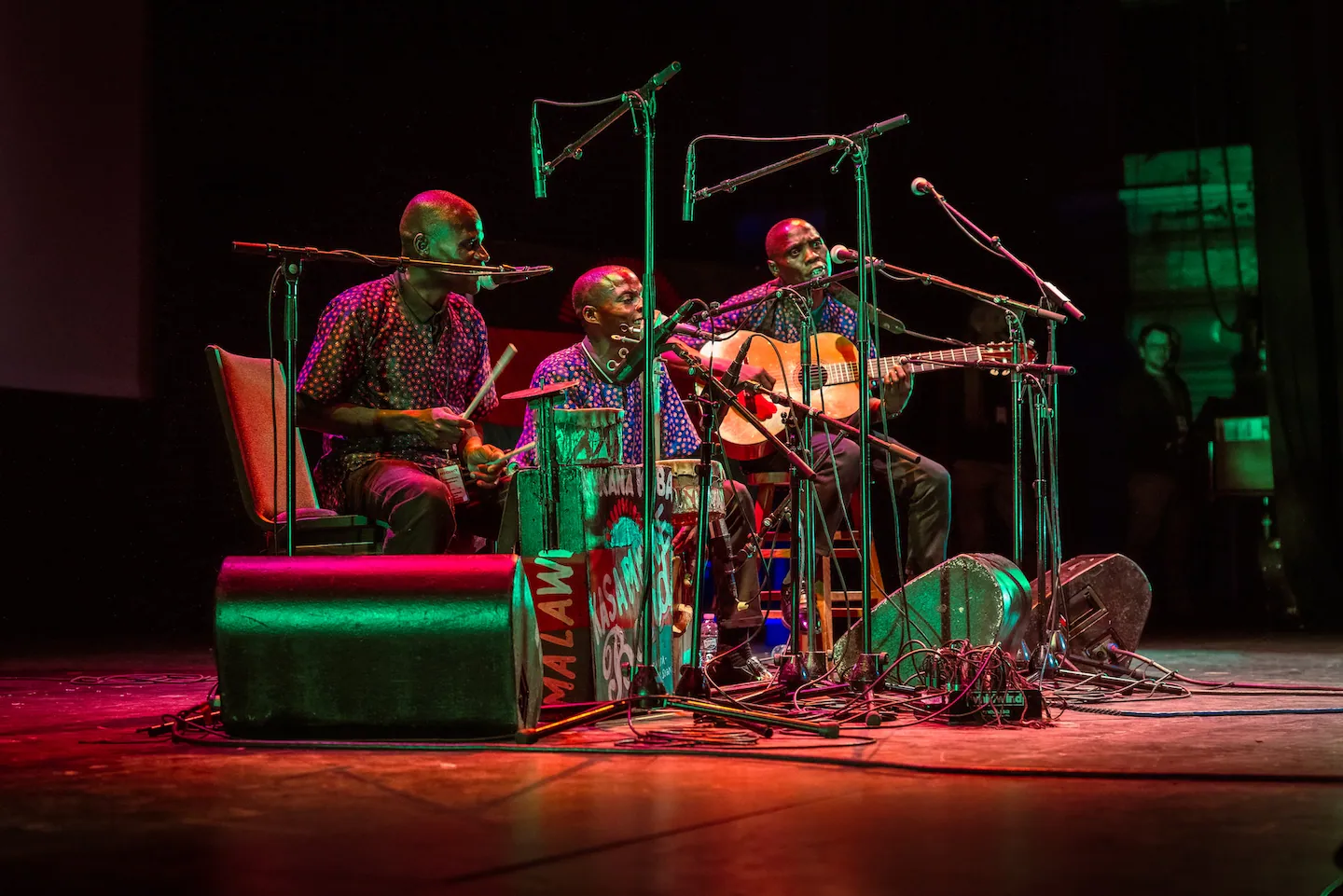Copyright therakyatpost

Subscribe to our FREE Newsletter, or Telegram and WhatsApp channels for the latest stories and updates. A social media post by Japan’s newly appointed Prime Minister, Sanae Takaichi, about her visit to memorial sites in Kuala Lumpur has drawn online criticism, with some Malaysians expressing anger over her remarks. Takaichi, who became Japan’s first female Prime Minister, made the controversial post during her first official overseas trip, coinciding with the ASEAN summit. On Saturday (25 October), Takaichi posted on social media about visiting a Japanese cemetery in Kuala Lumpur, where she laid flowers at a memorial monument. In her post, written in Japanese, she said she was able to “commemorate our ancestors who lost their lives in Malaysia” and felt “deeply moved” by the experience. She also visited Malaysia’s National Monument, which she described as a site that “comforts the spirits of soldiers and civilians who died in two great wars and Malaysia’s independence struggle.” Takaichi, a right-wing ultraconservative known for her conservative and nationalist policies (indicating a strong focus on defence and military enhancement), added that the visit allowed her to “reflect on Malaysia’s history.” As a Malaysian, you should get very angry at this post. https://t.co/QY9t3sfg0Q— Fendi (@fendithehunk) October 26, 2025 Understanding the Anger X user Fendi (@fendithehunk) shared Takaichi’s post, writing, “As a Malaysian, you should get very angry at this post.” Takaichi’s original post has garnered 5.5 million views, while Fendi’s critical repost has received over 799,000 views at the time of writing, with many social media users echoing Fendi’s criticisms of Takaichi’s remarks. The controversy stems from Takaichi’s framing of Japanese war dead as “ancestors” deserving of commemoration in her Japanese-language post, while appearing to treat Malaysia’s National Monument – which commemorates those who died in the struggle for independence, especially during conflicts like World War II and the Japanese occupation and the Malayan Emergency (1948–1960) – as merely another stop on her diplomatic tour. Critics view this as tone-deaf, given Japan’s brutal occupation of Malaysia during World War II. Japan occupied British Malaya, which included present-day Malaysia, from 1941 to 1945 during World War II. Japan has consistently issued statements of deep remorse and heartfelt apologies for its actions during World War II since the end of the war, recognising its responsibilities. Terror, Starvation, and Forced Labour The period was marked by significant hardship for the local population, including the Sook Ching massacre – a series of mass killings conducted by the Japanese military from 18 February to 4 March, 1942. It targeted Malayan Chinese civilians, particularly because the community had actively donated money to support China’s resistance against Japan during the Second Sino-Japanese War. Many Malayans and Allied prisoners were also forced to work the Thai-Burma Railway, also known as the Death Railway, under brutal conditions. At least 100,000 Malayan Tamils were forced into labour on the Death Railway, with civilian death rates reaching nearly 50% by the end of construction. During the Japanese occupation of Malaya, food shortages led to widespread malnutrition among the population. Many individuals, particularly children, suffered from malnutrition-related diseases such as rickets, beriberi, and scurvy, which affected their overall health immensely. At the same time, the Kempeitai, Japan’s military police during World War II, were infamous for their extreme torture methods and violent reprisals against civilians in Malaya. READ MORE: [Watch] Unsung Hero Lim Bo Seng: Historian Uncovers Secret Ipoh Hideout And Courageous WWII Legacy READ MORE: Sybil Kathigasu: A Heroine’s Tale Comes To Life On The Silver Screen Share your thoughts with us via TRP’s Facebook, Twitter, Instagram, or Threads.



